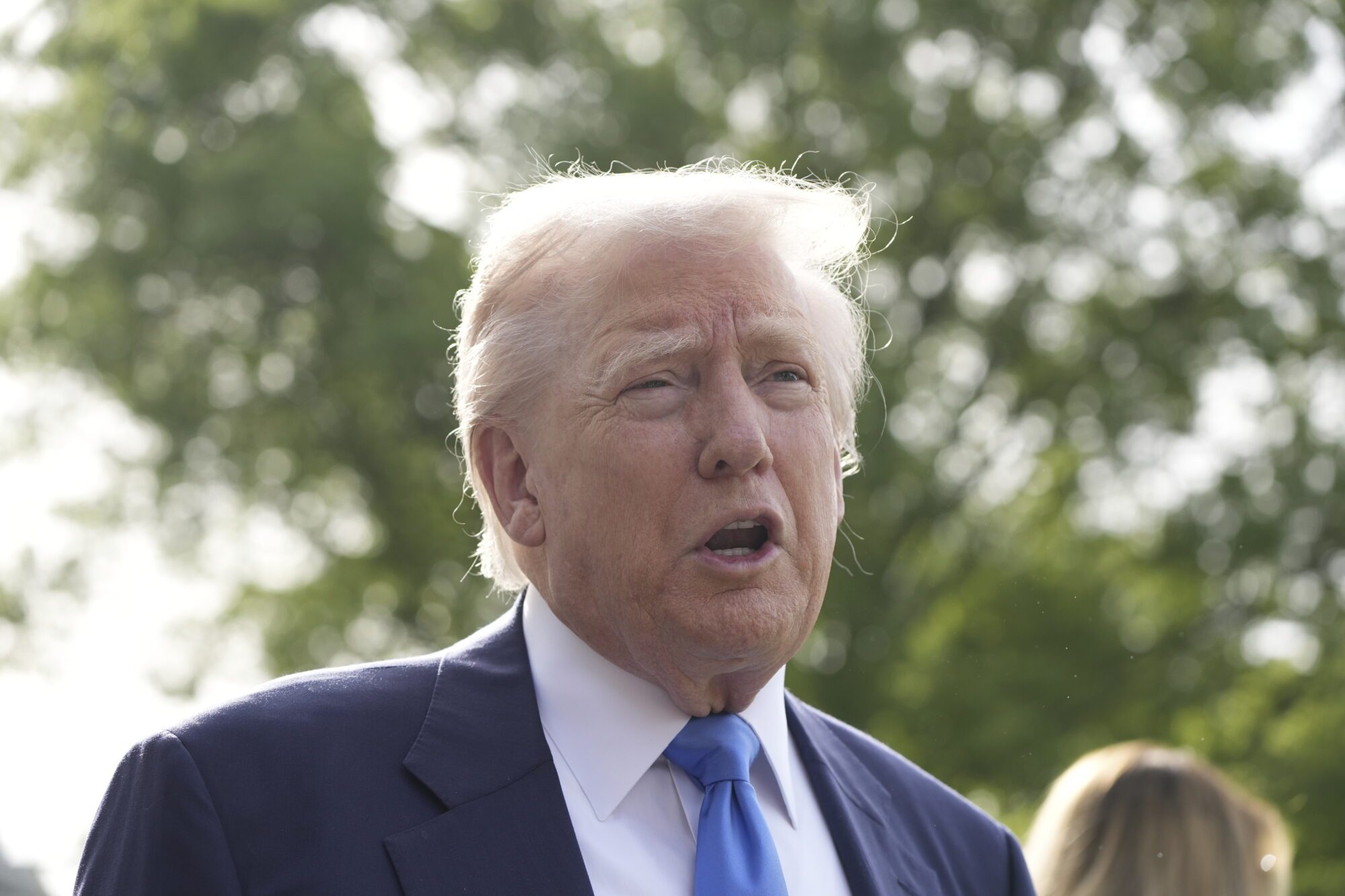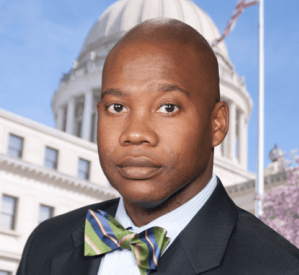
Charles Lipson
Joe Biden’s new administration faces a murderers’ row of hard decisions on everything from controlling the Southern border to dealing with Iran. But one choice dominates all of them: Does Biden intend to govern from the center-left or to make more far-reaching concessions to his party’s progressive wing?
Biden’s nominations and early executive orders suggest he wants to govern from the center-left, but his “sweet spot” will be much more progressive than President Obama’s because the Democratic Party has kept moving steadily left.
How will President Biden resolve tensions between his party’s left wing and its establishment-corporate center? His first day in office showed one way. He will signal his virtue to progressives on hot-button issues like Keystone XL pipeline, the Guantanamo Bay detention center, and the Paris climate accord. He won’t build another new mile of border barrier. He wants a higher minimum wage. Those gestures are meant to please party activists without, he hopes, costing too much with average voters. Best of all, they don’t require any pesky, time-consuming procedures, like passing actual laws or ratifying treaties. They will be implemented by presidential orders and bureaucratic regulations
More broadly, President Biden will use EOs, bureaucratic regulations, and sub-Cabinet appointments to placate his party’s vital interest groups in education (teachers unions), criminal justice, race relations, immigration, and the environment. Important as those policies are, Biden has no intention of meeting the far-reaching socialist demands of Bernie Sanders, Elizabeth Warren, and Alexandria Ocasio-Cortez
Just how far Biden intends to go, just how big a price he is willing to pay will become clear when his energy regulations begin cutting into jobs and his policies on immigration and law-and-order lead to more crime, especially in poor communities.
We can already see tension rising among Democrats over COVID regulations, which have devastated state and local revenues because they crush local businesses and the tax revenues they generate. How do you pay public-sector unions if taxes aren’t flowing into municipal coffers in Chicago and New York City? The only growth businesses there are U-Haul trailers. Biden can delay a national reckoning by printing more money, but, even there, he faces fiscal and political constraints.
The more moderate Biden’s policies are, the more pushback he will face from progressives. Still, the president and his supporters think they can prevail for three reasons. First, he defeated the far-left’s banner candidate in the primaries, beginning with South Carolina, after Democratic voters were finally faced with the stark choice between Biden and Bernie. Democratic voters and party leaders feared Sanders would not only lose the White House, he would sink down-ballot candidates. Second, even with Biden atop the ticket, Democratic senators and representatives are well aware they nearly lost their races because progressive demands were so prominent. Their Republican opponents ran against socialism, against AOC and her Squad, against defunding the police, and against rioters in Portland, Minneapolis, Kenosha, and Seattle. Democrats who squeaked through those elections hold the party’s left-wing radicals directly responsible for their tough races – and for the fate of losing moderate Democrats who are no longer in their ranks. They have no reason to bow to those radicals’ demands now. Finally, progressives lack any realistic options beyond fighting for influence within the Biden administration. Yes, they can threaten primary races in Deep Blue states and districts. But only there. They are toxic in purple districts, and party professionals know it. The more trouble these progressives create, the more likely Democrats are to lose the House and Senate in 2022 and the White House in 2024.
This political reality and the party’s thin margins on Capitol Hill will inform Biden’s next big choice. Will he urge Chuck Schumer to strike a power-sharing deal with Republican Minority Leader Mitch McConnell so the administration can move legislation through a 50-50 Senate? Without that deal, Republicans will block major bills with the filibuster. (And Biden has made clear he does not support “nuking” the filibuster, as many of his fellow party members advocate doing.)
Schumer and Biden know they don’t have the 60 votes needed to overcome filibusters. Actually, they can’t even command a simple majority if one Democrat objects. That’s a real problem. If the legislation is too progressive, West Virginia Democratic Sen. Joe Manchin won’t go along. If it is too centrist, the objections will come from the likes of Sanders, Warren, Jeff Merkley, and Ed Markey.
How can Joe Biden, himself a creature of the Senate, overcome these obstacles? Two ways. First, like all modern presidents, he will govern like a monarch, issuing orders, modifying legislation with signing statements, and directing his bureaucracies to promulgate rules. Such is our democracy that we are seldom governed by detailed laws, duly passed by our elected representatives. We are governed by presidential fiat and bureaucratic diktat. This fundamental constitutional transformation took off in the mid-1960s when Lyndon Johnson passed the Great Society programs. Since then, only Ronald Reagan and Donald Trump have tried to resist Washington’s growing power and, within it, the growing power of the executive branch and federal agencies.
Second, if Biden actually needs to pass laws, then he and Schumer must build a workable majority on the Senate floor and in committees. Unless they kill the filibuster rule, building that majority requires Republican cooperation. McConnell will offer it only if he wins major concessions about power-sharing.
Meanwhile, House Speaker Nancy Pelosi has her hands full controlling her diminished Democratic majority. Pelosi can’t afford to lose many liberals, progressives, pragmatists, or the dwindling number of moderates in her caucus if she expects to pass legislation on strict party-line votes. That’s where any Senate compromise will bite in the House. Senate Democrats and Republicans will agree only on centrist legislation, which is bound to frustrate progressives, as well as conservative Republicans, on Capitol Hill and across the country. When those compromise bills make it over to the House, progressives in Pelosi’s caucus will object. If they refuse to approve the bill, Pelosi cannot pass it with only Democratic votes. She will need support from House Minority Leader Kevin McCarthy and the more moderate members of his caucus.
Pelosi has never needed Republican help before, and her eagerness to impeach Donald Trump a second time indicates she is not seeking it now. On Thursday, she said she had no intention of giving Trump a “get out of jail free” card. On Friday, she said she will transmit the House’s Article of Impeachment to the Senate on Monday.
Although the impeachment trial will delay the new administration’s agenda, it does not pose any real dilemmas for Biden. The president’s really hard choices are deciding how progressive his agenda will be, how much he needs new laws to effect it, and how much bipartisan support he needs to move forward.
Everything turns on how far left Biden will go to appease party activists, especially on policies that lack broad popular support. Of course, he will “virtue signal” with executive orders and some appointments, especially those dealing with the environment, labor, education, and civil rights. All involve key Democratic constituencies. But those constituencies alone are not enough to win national elections. Figuring out how to build a broader coalition without alienating party progressives is most far-reaching dilemma facing President Biden and his new administration.
###
Submitted by Charles Lipson. He is the Peter B. Ritzma Professor of Political Science Emeritus at the University of Chicago, where he founded the Program on International Politics, Economics, and Security. He can be reached at charles.lipson@gmail.com.









